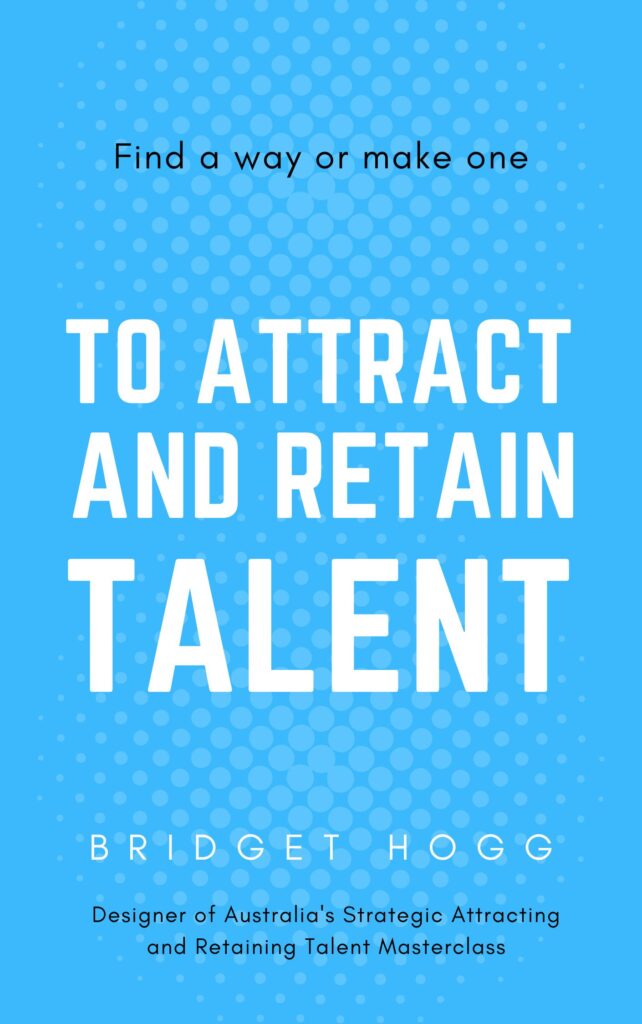
I know how redundancy feels. Not only have I helped many people manage their own reactions (from joy to despair) when they got the news – I have also experienced redundancy first hand. In my twenties I was retrenched from British Telecom.
Along with tens of thousands of others, I was offered voluntary redundancy. With the optimism of youth, I was quite keen on the idea and made plans. Months later when I had left my job and my initial plans had fallen through, there were some tears before I picked myself up and did what I do best – offering my OD skills to others on a consulting basis.
Peoples’ reactions vary a lot – at first I was optimistic, then I was sad and then I found my niche and built an OD Consulting business working with the likes of Royal Mail. Experiencing redundancy first hand doesn’t have to be a bad thing. Many people I have supported throughout their retrenchment will spontaneously tell me during the process that redundancy was actually “the best thing”. Some even realise this on the day they are given the news. I recall one gentleman whose position was made redundant by a big supermarket retailer saying he had seen it coming, was very happy and delighted in the redundancy pay he was to receive as he no longer had to work the final few months until his retirement.
The concern is that some people will see redundancy as a big threat to their plans and livelihood and will react with horror. This is why you want to make employee assistance (counselling) available to people in positions that are being retrenched – and engage a reputable and experienced outplacement consulting firm that can help those directly affected to manage their psychological state.
People are vulnerable at a time of imposed change – and for some it’s a very threatening position to be in. if you are ever in a job role that is made redundant then take time to take a breath and utilise strategies to keep yourself feeling psychologically and financially safe. Ask for support – from your outplacement consultant, EAP provider or counsellor and from your financial advisors; ask for detailed advice and information about your financial position and make calm, considered decisions when you have all the facts.
Are you at risk of redundancy? Ask yourself these questions:
- Is your organisation experiencing a slowdown in sales or grant revenue?
- Is there talk of tightening budgets and reducing headcount?
- Is the organisation closing, reducing its scope of services or being taken over?
- Will the introduction of new technology or a merger mean your job is no longer required?
- Is there a planned relocation of your job role or the organisation?
Five things you can do
- Ensure you and your work and achievements have visibility (internally and externally – on Linked In, for example)
- Perform well at work
- Master AI, automation or any changes the organisation is requiring from you
- Keep your ear to the ground and find out what’s happening in your organisation and industry so you can anticipate change and identify areas of growth and demand for your skills
- Ensure your skills are up to date so you can more easily find alternative work if necessary
From performing well at work and seeking relevant professional development opportunities to ensuring you are well connected and networked – there is a lot you can do to prepare for redundancy if it comes your way.
If one day you do get the news that your position (not you) will be redundant then:
- Acknowledge and allow your emotions – they will come and go
- Seek information about possible re-deployment, what pay-out you will receive and what choices you have (for example you may get to choose your leaving day)
- Seek out and make use of all the support on offer from financial advice and outplacement services to counselling and the support of friends and family
- Remember this is about the job and no reflection on you. Manage your emotional equilibrium and delay applying for the next role until you are clear about what you really want next and are in a resourceful headspace.
- Use the services of your outplacement consultant to explore all options from entrepreneurship, to re-training for a new career or finding a new job just like the last one. Let them help you to find the next steps that suits you best.
If you are a HR Manager or General Manager planning to make redundancies, please contact me.
If you wish to offer outplacement support to your people, I can help. Ask for more information, options and pricing. Please call me at the earliest opportunity – Bridget 0477 016966 to see how I can assist you to plan and provide support to all those involved pre the announcement, onsite on the day and subsequently via outplacement consulting services.
If you would like a free tip sheet, on managing the human face of outplacement and redundancy, please email bridget@developmentatwork.com.au
See more information and client testimonials on the Outplacement Adelaide website: www.outplacementadelaide.com.au

Bridget Hogg is author of ‘Find a Way or Make One to Work You Want’ released in 2025 on Amazon Amazon and Kindle.
